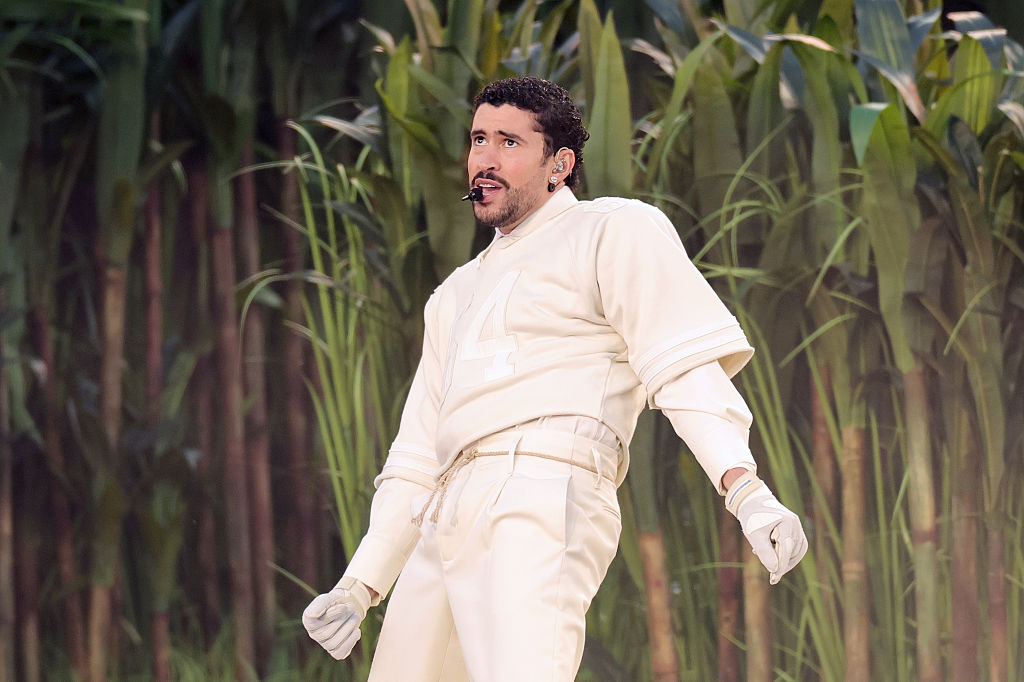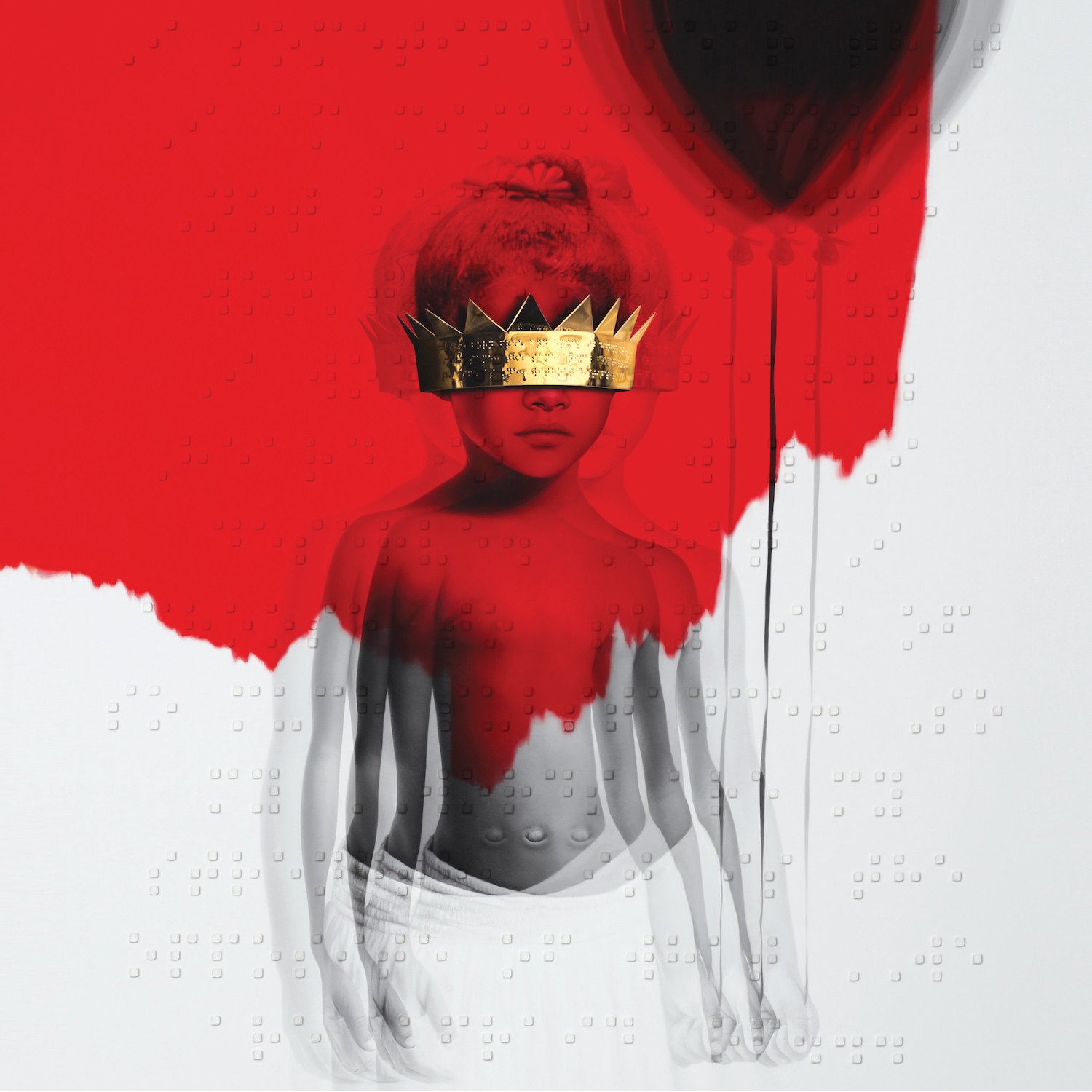The thing about concept albums is that they're more for the artist than they are for the listener. And by concept album, I don't mean that term in the loose sense of "every song is about this one topic" sort of thing, like Alice In Chain's Dirt or Blur's Parklife. I'm talking about concept albums in the rock opera sense, where the songs explicate the inner lives of a few characters while pushing forward a story idea and also maybe even serving as a Greek chorus. The concept album construct often gets dinged for being pretentious. But it has its uses, as having a set of themes, characters and a narrative idea can help an artist find one of the most elusive but essential creative elements: focus.
Writing towards an overarching goal can help a creator figure out what works, what doesn't, what pushes the story forward, and what needs to be fleshed out… even if in the end the storyline of the album only makes sense to them. Which isn't even sort of a big deal. I don't think I could diagram the story of Hüsker Dü's Zen Arcade or Janelle Monáe's The ArchAndroid if I tried, and I've long believed that the Flaming Lips gave up on the plot of Yoshimi Battles The Pink Robots a third of the way through. But those albums are all beyond great, and if the artists needed a highly personal, borderline indecipherable narrative underpinning to get someplace great, it would be churlish to nitpick their dramaturgy.
It's not that I think it is impossible to follow the plot of Bat For Lashes' second album Two Suns. But if one hadn't read in the press leading up to the album's release -- 10 years ago this week -- that it was a concept album, I'm not sure you'd even pick up on it, except for occasionally wondering who this Pearl person referenced in "Siren Song" and "Pearl's Dream" is. But even if one came in blind, they'd still hear a passionate collection of songs exploring love and loss, innocence, and wisdom.
The backstory goes that Natasha Khan, a nursery-school teacher turned songwriter, earned some attention for the nocturnal pop of her debut album Fur And Gold, and then moved to New York for a relationship that didn't work out. Heartbroken, she created Pearl, a bold and blonde take-no-shit persona she could sing as, one that could brush off heartbreak and fit right into New York's fast-moving scene. The album story is that Two Suns explores the duality between what we present to the world and what we keep hidden and how we want the world to see us versus our fear of people seeing us for who we truly are. I'm not quite sure if these characters fight each other or what, but like I said, it's best not to get hung up on these details.
From Stevie Nicks to Tori Amos to Kate Bush to Siouxsie Sioux, there's a long, proud tradition of female songwriters presenting themselves as supernatural, witch-like goddesses, tapping into Eldritch forces in order to harness a power typically denied them by the patriarchy. Khan proves herself to be a worthy addition to this lineage across Two Suns, luring a suitor home and promising him eternal devotion and breakfast in the morning "Siren's Song," while mindful that her inherent "wickedness and sin" will eventually send him running.
Khan casts her spells from a 21st century cauldron on Two Suns, layering piano, harmonium pump-organ sighs, choral chants, and harpsichord wails against digital goth soundscapes and head-knocking beats inspired by her teenage faves the Cure and bands she discovered since moving to New York, like TV On The Radio and Yeasayer (whose Chris Keating provided drum programming on a handful of tracks). She is both warm and cold across the album, the blasé Pearl and the vulnerable Natasha on the frosty chamber ballad "Moon And Moon," consumed by lust and confounded by heartbreak on the darkly new-wave dance-pop of "Sleep Alone." Backed by a whirlwind of vibraphone shards and glistening synths, she is bigger than the stars on "Two Planets," yet confounded that for all her power, she still can't hold onto love.
The heart of the album is the "Siren Song" into "Pearl's Dream" one-two stretch, where Khan most thoroughly leans into the duality concept of the album. Khan is nearly beside herself with heartbreak on "Siren Song," the way she wails "how" as the piano and mini-orchestra crescendos during the final refrain of"My name is Pearl/ And I love you the best way I know how," is a career highlight, the most nakedly vulnerable part of this powerful songwriter laid bare for all. Khan's heart, and the part of her that can still care seems to die for a little while here, as "Pearl's Song" sees her Jungian shadow self override the ego and take control for a while. And that alter-ego wants to go dancing and let everyone in the club know who is in charge. Here, Pearl demands what she is owed, the one who is going to ride some mirrorball beats like the goth diva queen she is. But eventually, Khan realizes that if she can survive heartbreak, she can survive anything, letting go of the Pearl persona on closer "The Big Sleep" while reintegrating the strength it offered back into her main personality. Khan recruited the late Scott Walker for the closing ballad, his wizened, ancient-as-the-earth voice propping up her wounded but crystalline voice as she asks "How can it be the last show?/ How can it be?," wondering why love, protective dual personalities, and narrative devices must eventually end. At this point in his career, Walker was so deeply enmeshed in avant-garde concerns like The Drift that collaborating with Bat For Lashes almost scans as a pop move, but it also feels like one restlessly creative spirit lighting the way forward for a fellow searcher.
[videoembed size="full_width" alignment="center"][/videoembed]
Two Suns is a dense album that never feels too heavy because of its relentless forward motion and effortless arrangements. And like Kate Bush and the Cure, Khan is smart enough to know that when you're making ambitious art rock, sometimes you need to give everyone a breather by throwing down a stone cold pop classic. "Daniel" is what most remember about Two Suns, a giddy headrush swaddled in black fishnets and dosed in incense, the moment where Khan steps outside of her own narrative for a few perfect minutes. Yes, it's inspired by Daniel LaRusso from The Karate Kid. But it's really about the idea of young, innocent love and infatuation, about the time when a synthesizer swell and a smoldering look in a boy's eyes could wreck the world or make it. In other words, Khan wrote a Carly Rae Jepsen song a few years early, and then slathered black lipstick on it.
During the first decade of the '00s, there was a fair amount of noise that downloading and the ever-escalating attrition of listener's attention spans would destroy the album as a unifying idea. Instead, concept albums such as Kanye West's The College Dropout, Green Day's American Idiot, and Arcade Fire's Funeral captured the listener's attention and showed that people still liked the full-length experience, and appreciated it when artists tried to tell some kind of story with their work. Two Suns is a fitting capstone to this era and the end of the '00s, a captivating work that invites you to go deeper and become the conquering alter ego you'd like to see in the world, or just play "Daniel" one more time and sway along.






